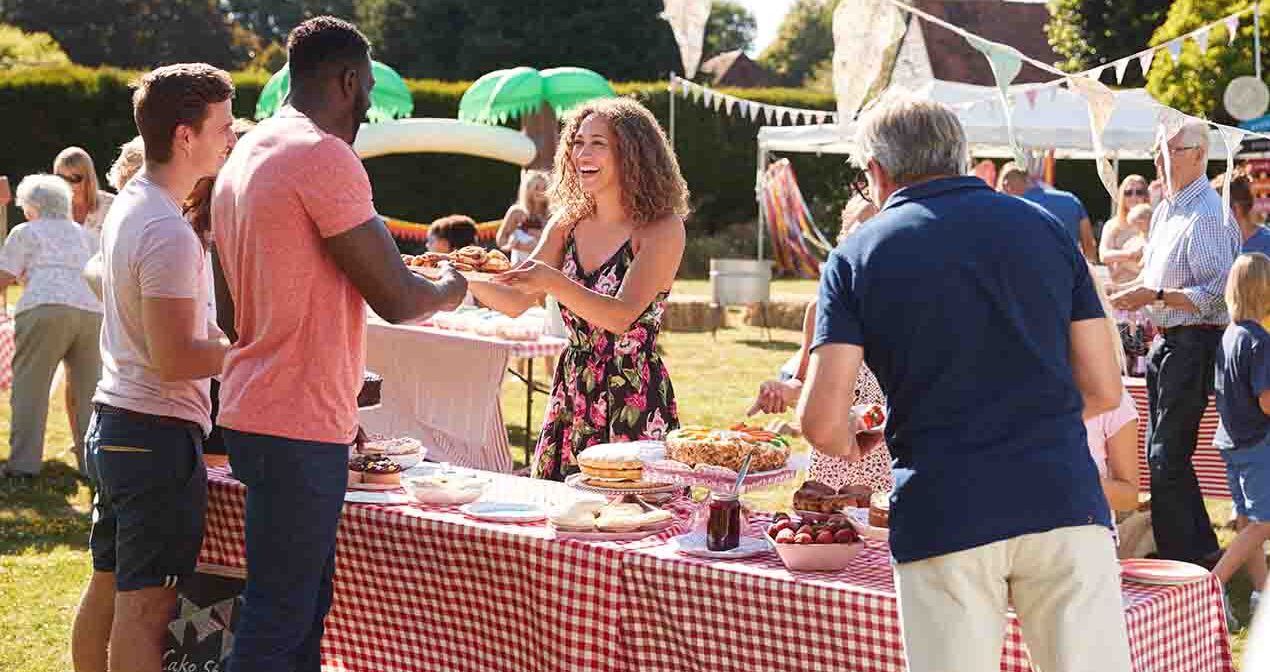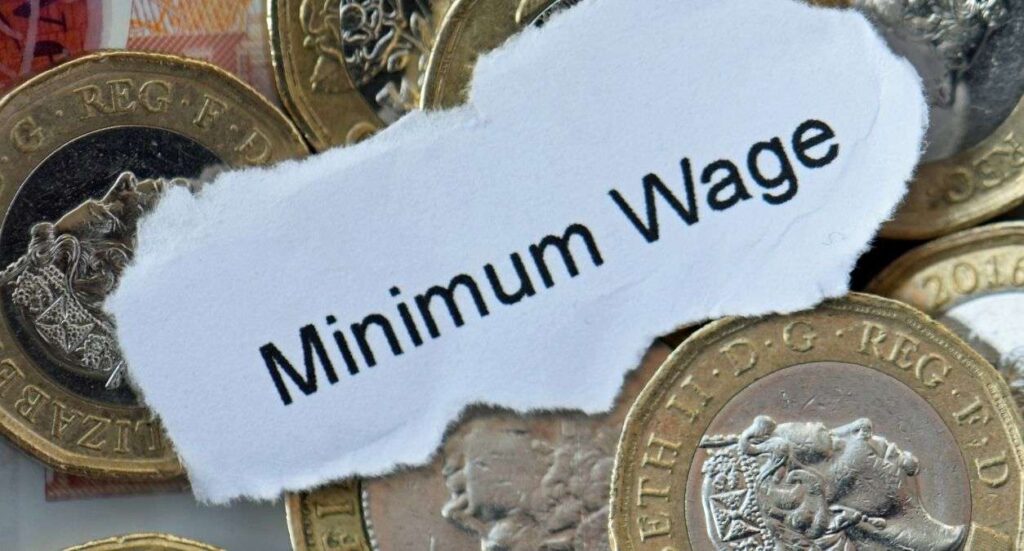Planning a small or mid-sized event in the UK, whether it’s a community music night, a food fair, or a pop-up bar, might seem simple on the surface. But without the right paperwork, even the best-intentioned events can quickly run into serious legal and reputational issues.
Local events can also be contentious. Not everyone will support them, and concerns over noise, disruption, or environmental impact can quickly turn into formal objections. In some cases, events may even attract unwanted press attention. For example, Brockwell Park recently made headlines after a local pressure group objected to the volume and scale of events being held there. Publicity like this can have a lasting impact on an organiser’s reputation and may affect your chances of securing permissions in the future.
That’s why it’s essential not only to follow the correct procedures, but also to build trust and support within the community. Securing a Temporary Events Notice (TEN) is a critical part of that process.
So, to help you prepare for your event we’ll explain what a TEN is, why it’s legally required, how to apply for one, and – crucially – how to keep the community on your side to avoid objections that could stop your event altogether.
What is a Temporary Events Notice (TEN)?
A Temporary Event Notice is a legal requirement in England and Wales for events involving:
- The sale of alcohol
- Provision of entertainment (e.g. music, dancing, films)
- Late night refreshments (hot food or drink between 11pm–5am)
It applies if your event is:
- Fewer than 500 people at any one time (including staff)
- Lasting no more than 168 hours (7 days)
It gives you temporary permission to carry out licensable activities without a full premises licence.
How do you get a TEN?
To apply, you must:
- Contact your local council – most have online TEN application forms
- Find your local council through the Temporary events notice government information.
- Apply at least 10 working days before your event (not including the day of application or event day)
- Pay a small fee (usually £21)
- Provide details including:
- Date, time, location
- Nature of activities
- Contact information
You can apply for up to 5 TENs per year as an individual, or 50 if you’re a personal licence holder.
Councils can reject or object to TENs, especially if there are concerns around safety, noise, or disruption.
How to work with local councils?
Your local council is more than just the place where you submit your Temporary Event Notice (TEN) — they are a key partner in ensuring your event is safe, legal, and well-managed.
What is a council’s role in local events?
Local councils are responsible for licensing and regulating temporary events. Their duties include:
- Processing TEN applications
- Consulting with the police and Environmental Health to flag any risks
- Assessing event impact on safety, noise, and the local area
- Deciding whether to allow, object to, or issue a counter-notice for a TEN
- Coordinating with other departments, such as parks, highways, or community engagement teams
In short, they act as a gatekeeper to protect public interest while enabling vibrant, safe local events.
What are councils most concerned about?
When reviewing your TEN, councils (alongside the police and Environmental Health) look at whether your event might undermine the four licensing objectives under the Licensing Act 2003:
- Public Safety – Is the venue safe and suitable? Are crowd numbers manageable?
- Prevention of Crime and Disorder – Is there a plan for alcohol sales, security, or anti-social behaviour?
- Prevention of Public Nuisance – Will there be noise, litter, or traffic disruption affecting residents?
- Protection of Children from Harm – Are there age-restricted activities? How will underage access be managed?
Events that fail to address these areas risk having their TEN objected to or revoked.
Tips for working effectively with your council
- Engage early: Don’t leave it to the 10-day minimum. Contact your licensing team as early as possible.
- Be thorough: Provide clear and accurate information in your TEN — vague or missing details raise red flags.
- Pre-empt concerns: If your event includes amplified music, alcohol, or large crowds, submit a basic risk plan or noise management strategy even if not required.
- Be open to feedback: Councils may suggest adjustments (e.g. time limits or noise controls) to help get your event over the line.
- Keep a record: Save copies of communications, confirmations, and any agreed changes.
Some councils run Safety Advisory Groups (SAGs) for larger or repeat events. If invited to a SAG, treat it as a collaborative opportunity—not a barrier.
Why TENs matter – Legally and locally
Failing to obtain a TEN can lead to:
- Fines or prosecution
- Immediate shutdown by local authorities
- Long-term damage to your reputation as an organiser
But even with a TEN, your event could still face challenges, particularly if residents, the environmental health department or the police object.
Whilst residents can’t object directly, they can contact their local councillor or even the press and with enough backing they can stop an event taking place. That’s where community engagement comes in.
Tackling objections before they arise
Many objections to local events come from a place of not knowing or not being asked. Here’s how to avoid common pitfalls.
Common resident concerns:
- Noise (especially in the evenings)
- Disruption of public spaces
- Traffic and access restrictions
- Environmental impact (litter, damage to green spaces)
- Feeling excluded from planning
How to head off complaints:
Communicate early and clearly: Drop letters through doors or post on community forums well in advance.
Be transparent: Share event times, sound levels, clean-up plans.
Invite feedback: Offer a way for locals to raise concerns ahead of time.
Make a named contact available: A specific person to answer questions or take complaints.
The benefits of getting it right
With a properly issued TEN and community buy-in, your event can bring huge value to your local area.
Community Benefits:
- Boosts to local businesses
- Jobs and volunteering opportunities
- A platform for local performers and creatives
- Fundraising for local causes
- Enhanced community pride and connection
How to Promote the Positives:
- Share impact stories from past events
- Highlight local vendors, artists, or partners
- Offer free tickets or early access to local residents
- Publicise your event’s contributions post-event (e.g., clean-up efforts, money raised)
Even if an event has legal clearance, failing to engage the community can backfire. A TEN is your licence to operate – but community trust is your licence to return.
Get One-Off Insurance from Protectivity

*Disclaimer – This blog has been created as general information and should not be taken as advice. Make sure you have the correct level of insurance for your requirements and always review policy documentation. Information is factually accurate at the time of publishing but may have become out of date.
Last updated by

















